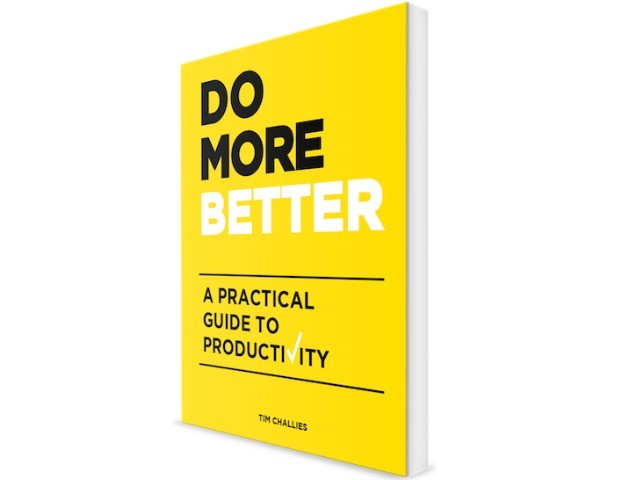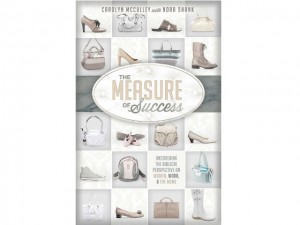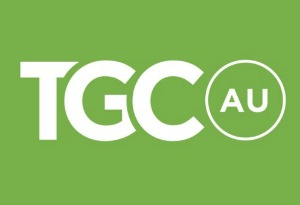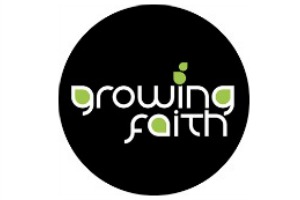Do More Better: A Practical Guide to Productivity (Cruciform Press, Dec 2015) is the latest book by blogger, author and book reviewer Tim Challies.
In this short book (114 pages), Challies delivers high on practicality and fairly light on biblical foundations. Yet, as the title claims, it is aiming to be a practical book that can help people increase their productivity and it does just this.
Challies’ defines productivity as “effectively stewarding my gifts, talents, time, energy and enthusiasm for the good of others and the glory of God,” which is repeated throughout the book. I felt this focus was good, however would have liked to have a stronger chapter on the biblical call to productivity. This was perhaps my one qualm with the book- it felt to me to be very self-focused. Rather than encouraging readers to look first and foremost to Jesus as the model for productivity and keeping an eternal perspective in life, Challies points readers to turn inward, defining areas of responsibility. This introspection can be helpful, so long as readers then reaffix their eyes off their ‘boundaries’ and back onto God.
As these ‘areas of responsibility’ provide Challies’ foundation for looking at one’s productivity, it would have been helpful to have a deeper discussion on giftings and the process for identifying these gifts. Challies does contain some extra support material on his website and is very detailed in his own systems for making the most of his days, which is helpful.
I found the practical aspects of this book, including the step by step recommendations to using a number of digital apps more effectively, extremely helpful. In order to implement these changes however, it does require some time setting up and thinking through your areas of responsibility. I happened to have two hours to sit waiting for a pregnancy glucose screen and so was able to be productive (!) while I waited.
This is an easy read, and will be absorbed by those who love to be organised and efficient, (as Tim Challies’ obviously is). It needs to be seen as a tool for those seeking greater organisation from a Christian perspective, rather than a ‘go-to’ on the biblical call to be productive kingdom builders.
Image Courtesy of Amazon.








